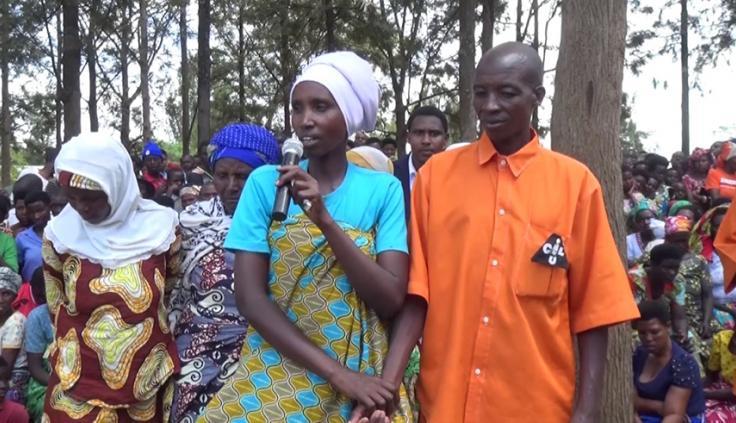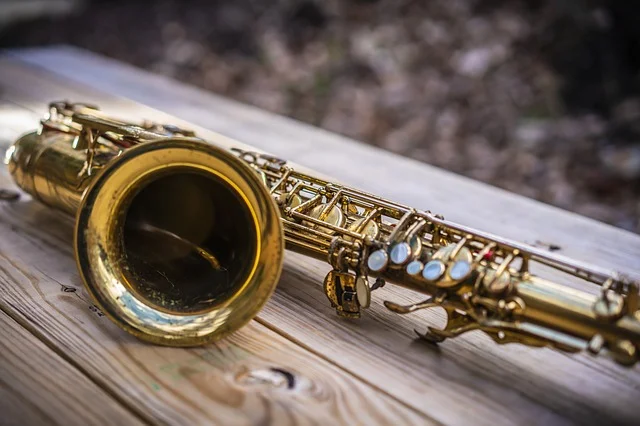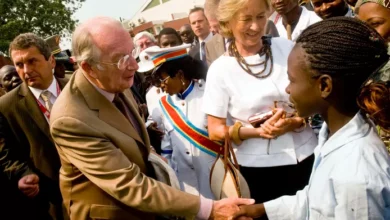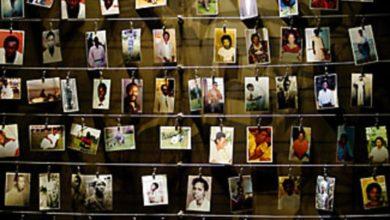Rwandan genocide: first day of appeal trial in Brussels

An appeal trial, filed by survivors of the Rwandan genocide, opened on Friday (March 2nd) in Brussels. The plaintiffs want to establish the role of the Belgian state and army in a massacre that occurred at the beginning of the genocide.
Two thousand Tutsis had been massacred in a school just after the departure of the Belgian soldiers who were to protect them.
According to RFI correspondent in Brussels, Pierre Benazet
On April 11, 1994, in Kigali, Belgian peacekeepers leave ETO Don Bosco, the official technical school where more than 2,000 Tutsis placed themselves under their protection.
A few dozen, survived the massacres started at the departure of the Belgian paratroopers.
Master Luc Walleyn defends Marie-Agnès Uwali, who has survived serious injuries. But his sister, his brother-in-law and his nephews fell under machetes that day. According to Walleyn, the responsibility of the state is engaged because the military hierarchy and the government knew what was happening in Rwanda.
“Of course they could not ignore it. Those who were there never denied that these people were in danger. We knew very well that there was a very serious risk and that everyone would be massacred. They left with a great feeling of guilt. The military hierarchy was obviously aware, but the Belgian government was also aware,” he says.
After a first day devoted to lawyers’ pleadings, this trial will resume on March 8th and 15th.
The lawyers hope that the Belgian judiciary will devote the responsibilities of the Belgian State for the acts of its blue helmets, in the same way that did the Dutch justice for the Dutch state about the blue helmets of Srebrenica, in Bosnia.




